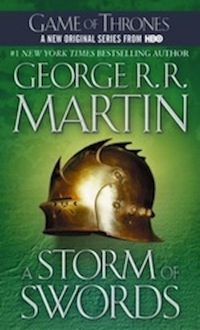 Victor and Konrad Frankenstein are twin brothers who, along with their distant cousin Elizabeth and best friend Henry, get up to all kinds of mischievous adventures on the grounds of Castle Frankenstein. When Konrad falls deathly ill and no doctor is able to find a cure, it is up to the other three to take drastic measures to save his life. Konrad enters the forbidden Dark Library, hidden in the basement of Castle Frankenstein, and finds the recipe for an ancient alchemical potion called The Elixir of Life. With help from Elizabeth and Henry, Victor must embark on a series of harrowing tasks to gather the necessary ingredients for the Elixir, before it is too late.
Victor and Konrad Frankenstein are twin brothers who, along with their distant cousin Elizabeth and best friend Henry, get up to all kinds of mischievous adventures on the grounds of Castle Frankenstein. When Konrad falls deathly ill and no doctor is able to find a cure, it is up to the other three to take drastic measures to save his life. Konrad enters the forbidden Dark Library, hidden in the basement of Castle Frankenstein, and finds the recipe for an ancient alchemical potion called The Elixir of Life. With help from Elizabeth and Henry, Victor must embark on a series of harrowing tasks to gather the necessary ingredients for the Elixir, before it is too late.This book was so much fun to read; not only is it adventurous and fast-paced but the storytelling is really detailed. The plot progresses quickly and Oppel weaves in details through Victor's narrative in a way that really worked for me. Victor makes for a fascinating protagonist; he is a bit of an anti-hero and at times his behaviour is deplorable, but I still found myself rooting for him. He has some pretty fantastic moments of bravery and selflessness that help to prove his heart is ultimately in the right place (for now). I felt Oppel really hit the nail on the head when it came to striking the balance between Victor's good and evil sides.
This Dark Endeavour is one of my favourite reads so far this year; the gothic style, the historic setting and a compelling narrator all make for a really engrossing book. Though it does have the quick pace and plot-driven writing style common in contemporary YA fiction (one of the many reasons I love reading teen novels), for me there was a lot of complexity written between the lines in this book. The sequel entitled Such Wicked Intent is due out at the end of this summer and I plan to head out to my local bookstore that very day so I can get right back into the story.















